Learning & teaching
This category offers articles on best practices in learning and teaching, as well as the benefits and challenges of adult education and lifelong learning. These articles also explore global societal phenomena and their connections to lifelong learning.
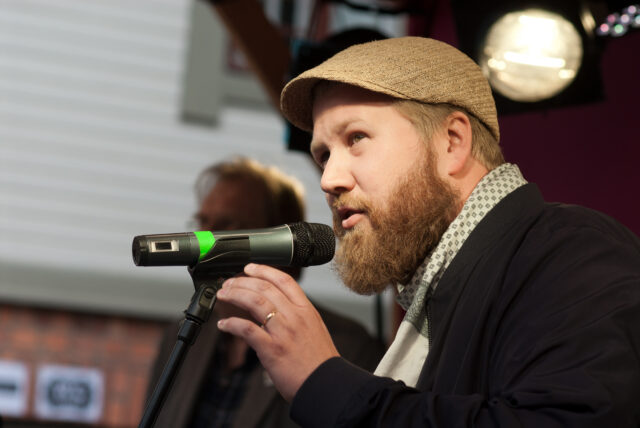
Creating team spirit at a safe distance
When contact teaching became impossible, Harri Hertell decided to move his performance poetry workshops online. How did building connection, trust and support through a screen work?

Skills gap analysis for the future
Global pandemics, technological development, climate change, migration and aging populations all affect the types of skills that are needed in societies. The Norwegian Committee on Skill Needs was founded to better predict and prepare for these changes.

Pandemic perpetuates inequalities in learning
Across Europe, educationally vulnerable adults are now at a particularly high risk of being left behind. But the inherent flexibility of the ALE sector can also be a key in tackling the crisis.
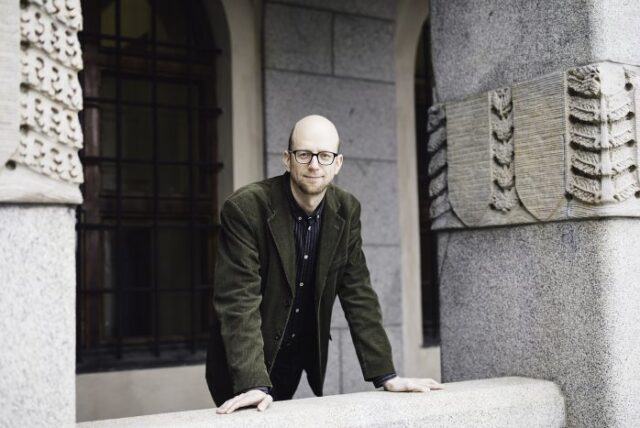
Environmental education: Could corona-anxiety lead to positive climate action?
There are many interesting parallels between coronavirus and the climate crisis. But can the pandemic actually shift people’s attitudes or policies? A researcher, campaigner and teacher educator specialising in environmental issues share their hopes and concerns.
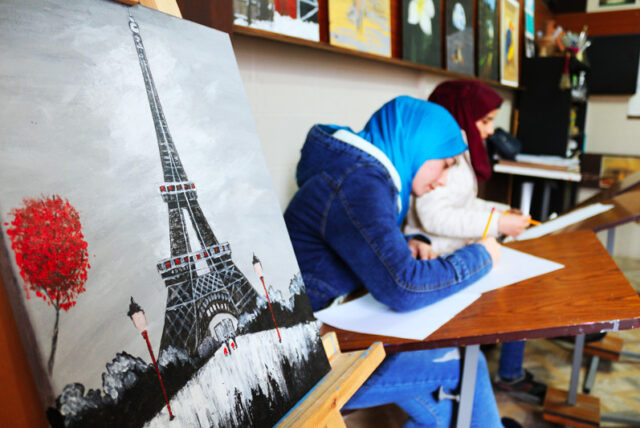
Studying as a refugee – instead of just waiting
The job of teaching in a refugee community is full of challenges. The Lebanon-based Syrian organisation Multi Aid Programs trains both children and adults to cope with daily life but also prepares them for a brighter future.

Dying for beginners
“Last Aid Courses” have been gaining popularity in many parts of the world. They aim to offer basic knowledge in palliative care but also break taboos around death.

Improvising the unexpected
An improv mindset, which professionals of numerous fields train by applying methods from stage improv, helps them to become more observant and cooperative. Facing the unexpected is less stressful with the right attitude and energy.
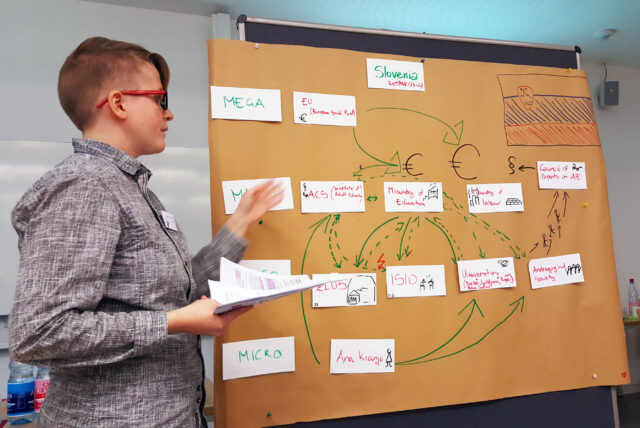
Discussing similarities and differences in global adult education
We asked four students from different parts of the world to reflect on their experience at the international Winter School of Adult Education and Lifelong Learning.

What keeps Portugal’s elderly offline?
In Portugal only slightly over one third of senior citizens use the internet. In order to fight this digital exclusion, more must be done, researcher Celiana Azevedo argues.
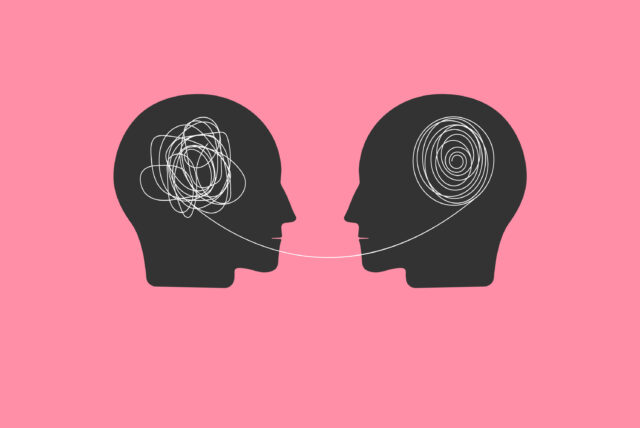
Language as a tool for integration
How does learning a new language as an adult differ from learning one as a child? Five professionals from around the world and different backgrounds discuss their experiences of learning German in a new home country.



